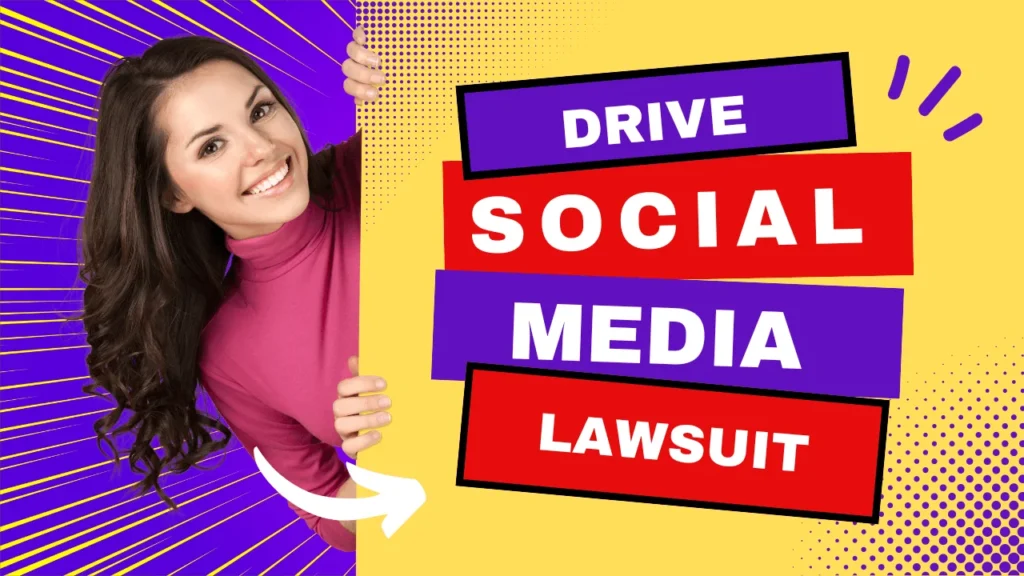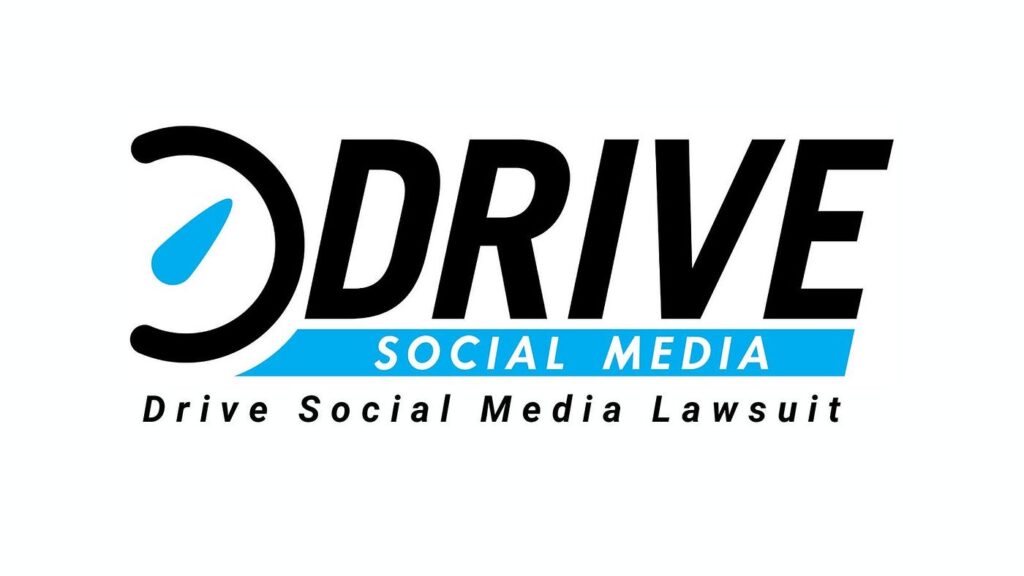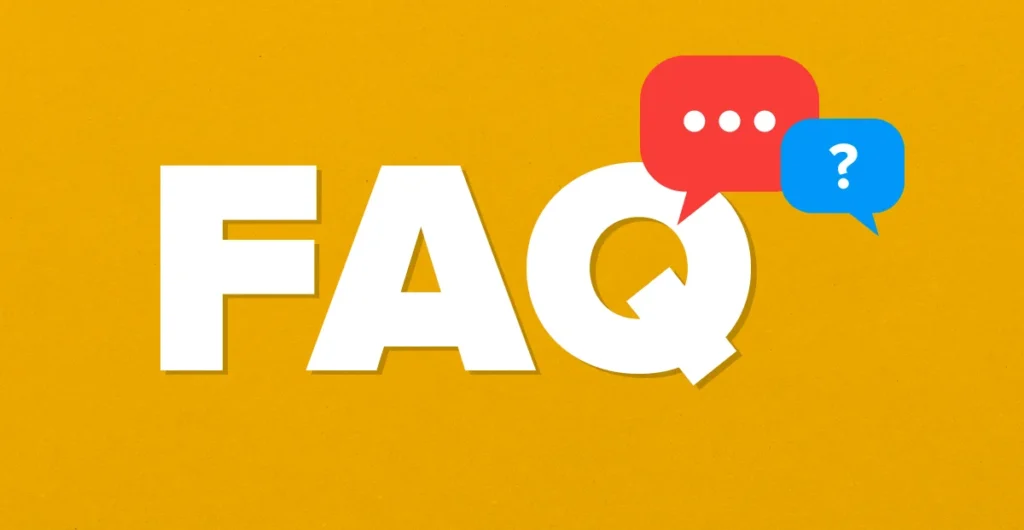“Drive Social Media Lawsuit” The digital age has brought social media to the forefront of marketing, transforming how businesses connect with customers. But with this rapid growth comes challenges, including legal disputes that can arise in the industry. One such case that has garnered attention is the Drive Social Media Lawsuit. This article delves into the details of this lawsuit, examining its causes, implications, and what it means for the future of social media marketing.
Table of Contents
What Sparked the Drive Social Media Lawsuit?
The Drive Social Media Lawsuit did not arise in a vacuum. Understanding the background and causes of the lawsuit is crucial to grasp its significance fully. The dispute centers around allegations of unfair business practices, intellectual property rights, and breach of contract. These are serious accusations that highlight the complexities of operating in the social media space, where intellectual property and creative content are invaluable assets.

Allegations of Unfair Business Practices
At the heart of the Drive Social Media Lawsuit are claims of unfair business practices. The plaintiff alleges that Drive Social Media engaged in deceptive practices that harmed their business. This includes accusations of misleading advertising and unethical competitive behavior. In the world of digital marketing, where transparency and trust are paramount, such allegations can have far-reaching consequences.
Intellectual Property Dispute
Another key issue in the Drive Social Media Lawsuit is the dispute over intellectual property. The plaintiff claims that Drive Social Media used their proprietary content and strategies without permission. In the competitive landscape of social media marketing, where creativity and innovation drive success, protecting intellectual property is critical. This lawsuit underscores the importance of clear agreements and respect for intellectual property rights in business relationships.
The Legal Proceedings: A Closer Look
Legal battles, especially in the rapidly evolving field of social media marketing, can be complex and multifaceted. The Drive Social Media Lawsuit is no exception. It involves multiple legal arguments, expert testimonies, and a detailed examination of contracts and communications. This section will break down the key aspects of the legal proceedings.
The Role of Contracts
Contracts play a pivotal role in the Drive Social Media Lawsuit. The plaintiff argues that Drive Social Media breached their contract by using proprietary content and strategies without authorization. Contracts are the foundation of business relationships, and any breach can lead to significant legal consequences. This lawsuit serves as a reminder of the importance of clear, well-drafted contracts that outline the rights and responsibilities of all parties involved.
Expert Testimonies and Evidence
In the Drive Social Media Lawsuit, expert testimonies and evidence are crucial in determining the outcome. Both sides have presented detailed evidence, including communications, marketing strategies, and financial data, to support their claims. Expert witnesses in social media marketing and intellectual property law have provided insights that help the court understand the intricacies of the case. The reliance on expert testimonies highlights the complexity of legal disputes in the digital marketing industry.
Implications for the Social Media Marketing Industry
The Drive Social Media Lawsuit is more than just a legal battle between two parties; it has broader implications for the social media marketing industry as a whole. This section will explore what this lawsuit means for businesses and professionals in the field.

Setting Legal Precedents
One of the most significant implications of the Drive Social Media Lawsuit is the potential to set legal precedents in the industry. As social media marketing is a relatively new field, there are still many gray areas in the law. The outcome of this lawsuit could help clarify legal standards for intellectual property rights, contract enforcement, and ethical business practices in social media marketing. This could have a lasting impact on how businesses operate and protect their interests in the digital space.
The Importance of Legal Compliance
The Drive Social Media Lawsuit serves as a wake-up call for businesses in the social media marketing industry. It underscores the importance of legal compliance and the need to be vigilant about protecting intellectual property, honoring contracts, and maintaining ethical business practices. Companies that fail to do so may find themselves facing legal challenges that can damage their reputation and bottom line.
Lessons for Social Media Marketers
For social media marketers, the Drive Social Media Lawsuit offers several important lessons. Whether you’re a small agency or a large corporation, there are key takeaways that can help you navigate the complex legal landscape of digital marketing.
Protecting Intellectual Property
One of the primary lessons from the Drive Social Media Lawsuit is the importance of protecting intellectual property. In an industry where creativity and innovation are key, safeguarding your proprietary content and strategies is essential. This means not only securing legal protections, such as trademarks and copyrights, but also ensuring that your contracts clearly outline ownership rights. By taking proactive steps to protect your intellectual property, you can avoid potential legal disputes and safeguard your business interests.
The Role of Contracts in Business Relationships
Another critical takeaway from the Drive Social Media Lawsuit is the role of contracts in business relationships. Contracts should be clear, comprehensive, and tailored to the specific needs of your business. They should outline the rights and responsibilities of all parties, including ownership of intellectual property, confidentiality, and dispute resolution procedures. In the event of a legal dispute, a well-drafted contract can be your best defense.
What Does the Future Hold?
As the Drive Social Media Lawsuit progresses, many in the industry are watching closely to see how it will unfold. The outcome of this case could have far-reaching implications for the future of social media marketing, particularly in terms of legal standards and business practices. This section will explore what the future might hold for the industry in the wake of this lawsuit.
Potential Changes in Legal Standards
One possible outcome of the Drive Social Media Lawsuit is the establishment of new legal standards for the industry. As the court examines the intricacies of the case, it may set precedents that impact how intellectual property, contracts, and business practices are viewed in the context of social media marketing. This could lead to increased legal scrutiny for businesses in the industry and a greater emphasis on compliance.
Evolving Business Practices
The Drive Social Media Lawsuit may also prompt changes in how businesses operate within the social media marketing space. Companies may become more cautious in their business dealings, placing a greater emphasis on legal protections and ethical practices. This could lead to more transparency in the industry and a shift towards more responsible marketing practices.
Conclusion: The Impact of the Drive Social Media Lawsuit
The Drive Social Media Lawsuit is a significant legal battle with implications that extend beyond the parties involved. It highlights the complexities of operating in the social media marketing industry and underscores the importance of protecting intellectual property, honoring contracts, and maintaining ethical business practices.
As the lawsuit continues to unfold, it serves as a reminder of the legal challenges that can arise in the digital age. For businesses and professionals in the industry, the Drive Social Media Lawsuit offers valuable lessons that can help navigate the legal landscape and avoid potential pitfalls.
In conclusion, the Drive Social Media Lawsuit is not just a legal dispute; it’s a reflection of the evolving nature of social media marketing. It serves as a catalyst for change, prompting businesses to take a closer look at their practices and make necessary adjustments to protect their interests. As the industry continues to grow and evolve, the lessons learned from this lawsuit will be invaluable in shaping the future of social media marketing.

FAQs
1. What is the Drive Social Media Lawsuit about?
The Drive Social Media Lawsuit revolves around allegations of unfair business practices, intellectual property disputes, and breach of contract. The case highlights the complexities of operating in the social media marketing industry and involves claims of deceptive practices and unauthorized use of proprietary content.
2. Why is the Drive Social Media Lawsuit significant?
This lawsuit is significant because it could set legal precedents for the social media marketing industry. The case may help clarify legal standards related to intellectual property rights, contract enforcement, and ethical business practices, potentially impacting how businesses operate in the digital space.
3. What are the key issues in the Drive Social Media Lawsuit?
The key issues in the Drive Social Media Lawsuit include allegations of unfair business practices, breach of contract, and disputes over intellectual property. The plaintiff claims that Drive Social Media used their proprietary content and strategies without authorization, leading to the legal battle.
4. How might the lawsuit affect the social media marketing industry?
The Drive Social Media Lawsuit could lead to changes in legal standards and business practices within the social media marketing industry. Businesses may place a greater emphasis on legal compliance, protecting intellectual property, and maintaining ethical practices to avoid similar legal challenges.
5. What lessons can businesses learn from the Drive Social Media Lawsuit?
Businesses can learn several key lessons from the Drive Social Media Lawsuit, including the importance of protecting intellectual property, the role of clear and comprehensive contracts in business relationships, and the need for ethical business practices in the competitive social media marketing space.

